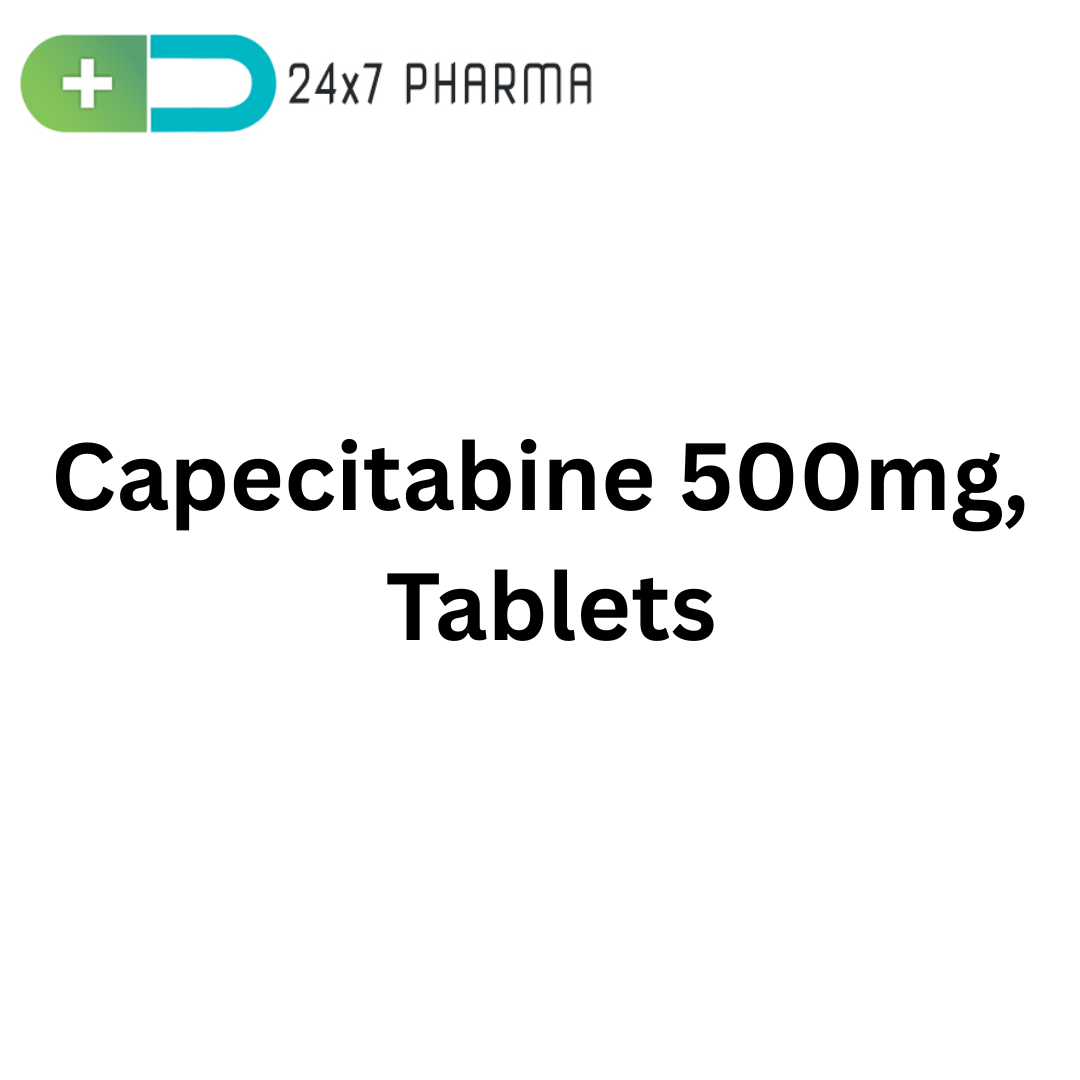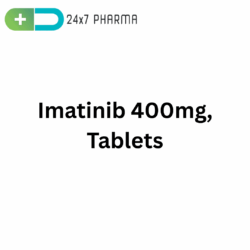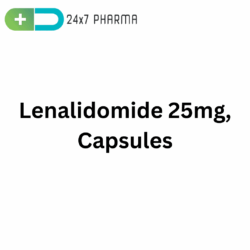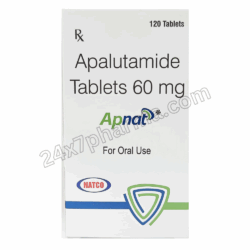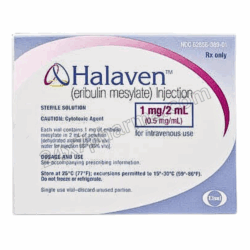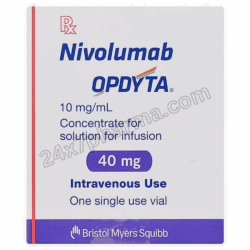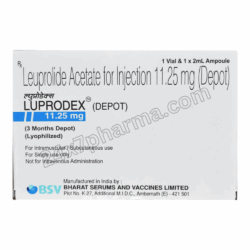Capixet 500mg, Capecitabine Tablets
Capixet 500mg, containing the active ingredient Capecitabine, is a chemotherapy medication primarily used in the treatment of various cancers. It is an oral prodrug of 5-fluorouracil (5-FU), which means that once within the body, it transforms into its active form. Capixet is widely prescribed for cancers such as breast, colorectal, and gastric cancer. Its oral administration makes it more convenient than traditional intravenous chemotherapy, allowing for outpatient treatment and improved patient compliance.
What is Capixet 500mg?
Capixet 500mg is a tablet formulation of Capecitabine, an anticancer agent classified under antimetabolites.It is frequently used either by alone or in conjunction with further cancer treatments. Each Capixet tablet contains 500 mg of Capecitabine. This medicine is typically prescribed when cancer has spread or returned and can also be used as adjuvant therapy (treatment given after the primary treatment to lower the chance of recurrence).
How It Works / Mechanism of Action
Capecitabine is a prodrug, which means it becomes active only after being metabolized in the body. After oral administration, it undergoes a three-step enzymatic conversion to become 5-fluorouracil (5-FU) in tumor tissues.
5-FU prevents the production of DNA by inhibiting the thymidylate synthase enzyme.
By halting DNA and RNA synthesis, it prevents cancer cells from dividing and growing.
Compared to direct 5-FU administration, the selective activation of Capecitabine in tumor tissues leads to superior tumor targeting and reduced systemic toxicity.
How to Use / Indications
Capixet is indicated in the treatment of:
- Colorectal cancer: Both metastatic and adjuvant settings.
- Breast cancer: Usually in conjunction with docetaxel, especially in cases that have spread or returned.
- Gastric (stomach) cancer: Usually used in advanced or metastatic conditions.
- Other off-label uses: Pancreatic, esophageal, and biliary cancers (based on oncologist recommendation).
- Its use depends on the cancer type, stage, patient’s age, renal function, and prior chemotherapy history.
How to Take / Dosage
Body surface area (BSA) is used to determine the typical dosage. Nonetheless, a typical adult routine is:
- For 14 days, followed by a 7-day break, 1250 mg/m² twice daily (morning and evening), for a 21-day cycle.
- Example: For an average adult, this might translate to 3–4 tablets (500 mg each) taken twice a day.
Administration Instructions:
- Take tablets within 30 minutes after a meal to improve absorption and reduce side effects.
- Swallow the tablet whole with water; do not crush or chew.
- Follow your oncologist’s schedule precisely.
Other Dosage Forms / Adjustments
- Lower doses may be prescribed in elderly patients or those with liver or kidney impairment.
- Dose reduction may also be required in case of severe side effects (e.g., diarrhea, hand-foot syndrome).
- Capecitabine is available in 150 mg and 500 mg tablets, allowing flexible dose adjustment.
Side Effects
While effective, Capixet can cause various side effects, ranging from mild to severe.
Common Side Effects:
- Diarrhea
- Nausea/vomiting
- Loss of appetite
- Fatigue
- Redness, discomfort, and peeling of the palms and soles are symptoms of hand-foot syndrome.
- Mouth sores
- Abdominal pain
Serious Side Effects:
- Severe diarrhea or dehydration
- Liver function abnormalities
- Cardiac toxicity (rare)
- Bone marrow suppression (low white blood cells, platelets)
- Allergic reactions (rash, swelling)
- Report any severe or unusual symptoms to your healthcare provider immediately.
Storage
To maintain its effectiveness and ensure safety:
- Store at room temperature (15°C to 30°C).
- Away from moisture, direct sunlight, and heat.
- Keep tablets in the original blister pack until use.
- Out of reach of children and pets.
Benefits
Capixet offers several advantages over traditional intravenous chemotherapy:
- Oral administration avoids the need for hospital visits.
- Tumor-selective activation reduces systemic toxicity.
- Effective against multiple cancers, including metastatic cases.
- Used in combination therapies, enhancing treatment outcomes.
- Helps many patients with advanced malignancies live longer and have better quality of life overall.
Prescription
Capixet 500mg is a prescription-only medicine (Rx) and should only be taken under the guidance of an oncologist or cancer specialist. Dosing, duration, and monitoring depend on individual patient factors and disease progression.
Do not self-medicate or alter the dose without medical supervision.
Drug Interactions
Capecitabine may interact with several other medications, leading to enhanced toxicity or reduce efficacy.
Notable Drug Interactions:
- Anticoagulants (e.g., warfarin): Increased bleeding risk.
- Phenytoin: Capecitabine can increase phenytoin levels, causing toxicity.
- Leucovorin: Enhances Capecitabine’s effects and may increase toxicity.
- Allopurinol: May reduce Capecitabine’s effectiveness.
- Live vaccines: Avoid during therapy due to immune suppression.
- Always inform your doctor about all medications, supplements, or herbal products you are taking.
FAQs
Can I take Capixet with food?
Yes. It is recommend to take Capixet within 30 minutes after a meal to reduce stomach upset.
How long is Capixet treatment continue?
It depends on the response to treatment and tolerance. Your oncologist will decide the number of cycles require.
Is Capixet covere under insurance or government health schemes?
In many countries, cancer medications like Capecitabine are covere under insurance or cancer treatment programs. Confirm with your provider or hospital.
Conclusion
Capixet 500mg (Capecitabine Tablets) is a powerful and convenient chemotherapy agent used in the management of several cancers. Its oral form, tumor-specific activation, and broad applicability make it a preferred choice in cancer care. Regular monitoring, adherence to dosing schedules, and open communication with your oncologist are crucial for achieving the best outcomes.
If you or a loved one are undergoing treatment with Capixet, stay informed, follow your treatment plan carefully, and seek prompt medical advice for any concerns.

